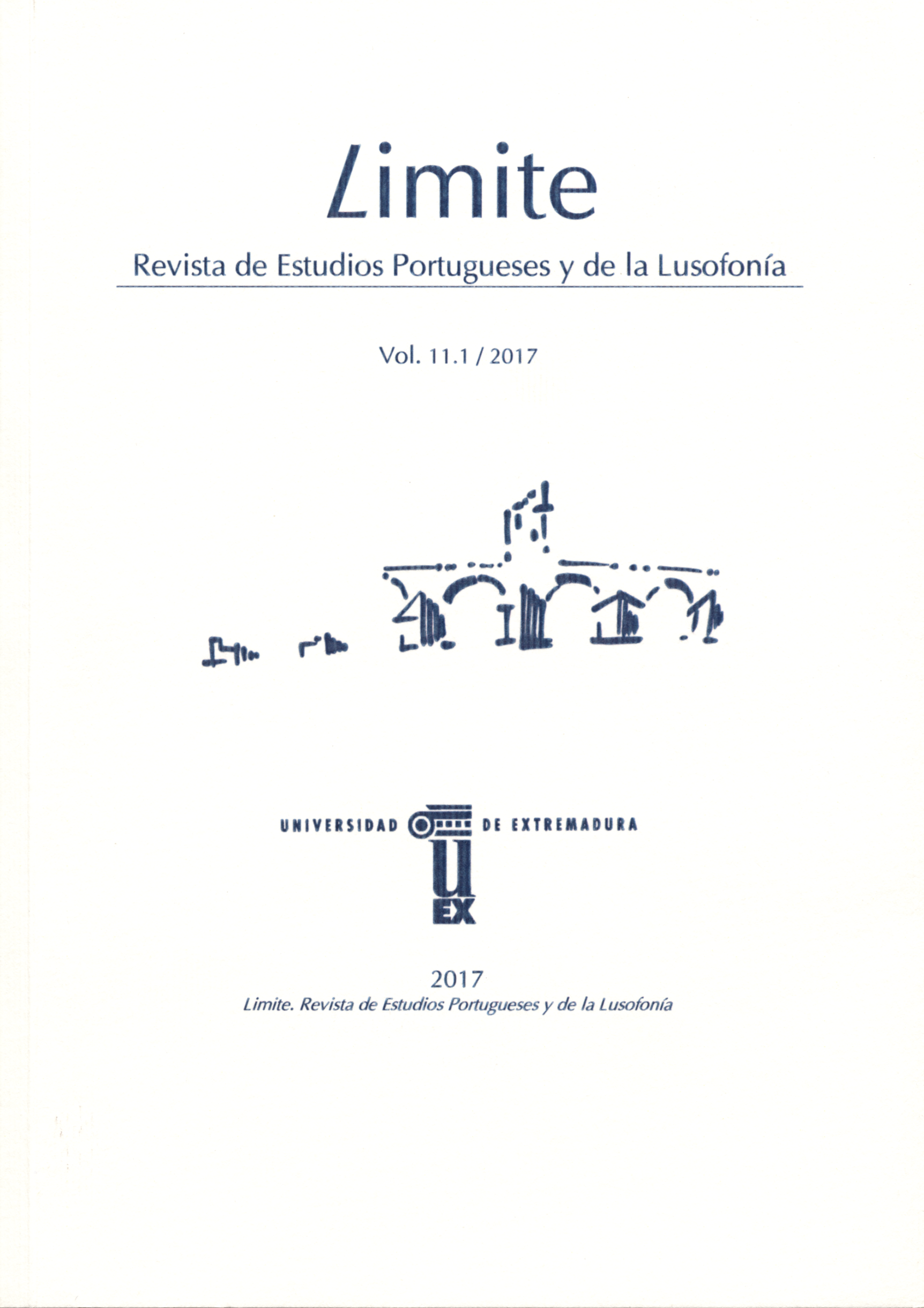New Discoveries and Literature : from Travelogue to Scientific Dialogue – Peregrinação and Entretiens sur la pluralité des mondes
Keywords:
Pinto, Fontenelle, science, new discoveries, imaginationAbstract
Science and literature are often considered two completely different
fields, however, their relationship is much closer than we imagine.
Reading Pinto’s Peregrinação and Fontenelle’s Entretiens sur la pluralité des mondes, we can see that the experiences and imaginations
aroused by the discovery of new territories and other scientific discoveries or inventions, invite the reader to a type of dialogue in
essence, a new way of thinking. A closer reading of these works
would allow us to clarify the relationship between science and literature, and to identify aspects in common provoked by the new discoveries of the era of the Scientific Revolution.
References
Pinto (2002) : Fernão Mendes Pinto, Peregrinação, Projecto Vercial.
Pinto (1645) : Fernão Mendes Pinto, Les voyages advantureux de Fernand Mendez Pinto, fidellement traduits de portugais en françois par le sieur Bernard Figuier, Paris: A. Cotinet et I. Roger.
Fontenelle (2013) : Bernard Le Bovier de Fontenelle, Œuvres complètes, t.1, Paris : Honoré-Champion.
Ouvrages critiques:
Aït-Touati (2003) : Frédérique Aït-Touati, “De la modalité galante à la modalité savante”, Revue Fontenelle, no 1, pp.79-94.
De Jesus (2014) : Stephanie De Jesus, L’image de l’Orient dans des récits de voyage portugais du XVIe siècle, Thèse de doctorat, Université Michel de Montaigne -Bordeaux III.
Fouto (2014) : Catarina Fouto, “Revisiting Baroque Poetics in Fernão Mendes Pinto’s Peregrinação: The Hermeneutics of Worldview”, Ellipsis, volume 12, pp. 65-89.
Greene (2013) : Roland Greene, Five Words: Critical Semantics in the Age of Shakespeare and Cervantes. Chicago: Chicago UP.
Hamou (1999) : Philippe Hamou, La Mutation du visible. Essai sur la portée épistémologique des instruments d’optique au XVIIe siècle, Villeneuve d’Ascq: Presses Universitaires du Septentrion.
Korinman (1976) : Michel Korinman, “Les sens de la pérégrination: Fernão Mendes Pinto”, Littérature, no 21, pp.20-34.
Lopes (2016) : Marília dos Santos Lopes, Writing New Worlds: The Cultural Dynamics of Curiosity in Early Modern Europe, Cambridge Scholars Publishing.
Saraïva (1968) : Antonio José Saraïva, “Introduction”, in Fernão Mendes Pinto, La Pérégrination, Paris: Calmann-Lévy.
Downloads
Published
Issue
Section
License
Los derechos de los artículos publicados en esta revista son los que establece por defecto el Servicio de Publicaciones de la Universidad de Extremadura. Poseen una licencia de Creative Commons CC BY 4.0. Puede consultar la licencia en: Creative Commons
La política de acceso abierto de la Universidad de Extremadura acepta los principios del movimiento de acceso abierto y la declaración de Berlín. Por ese motivo, los autores aceptan que los artículos publicados se recojan en el repositorio DEHESA de esta universidad.
El autor del artículo puede publicarlo libremente en otros medios siempre que refiera esta revista como la depositaria del texto original.



